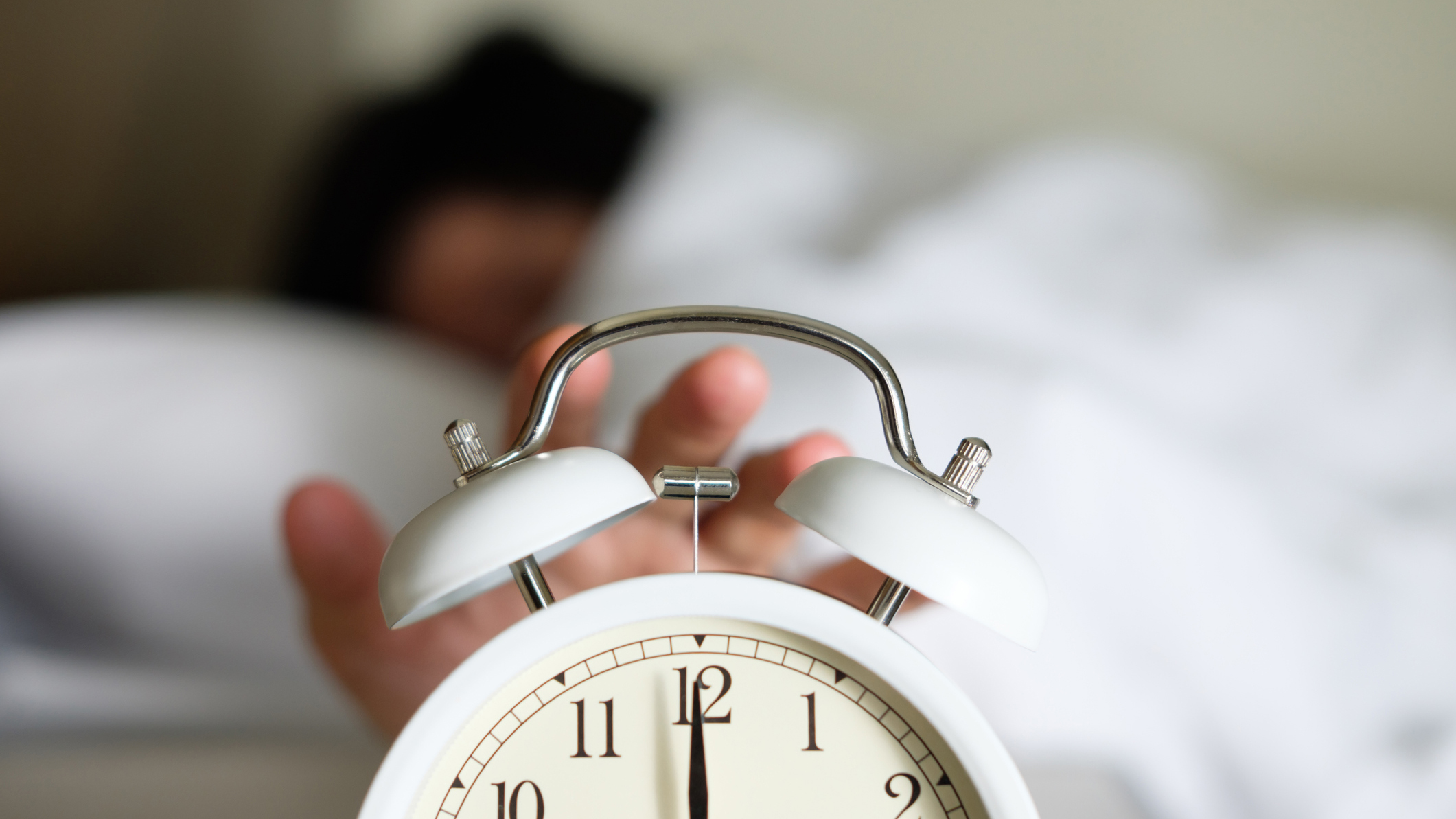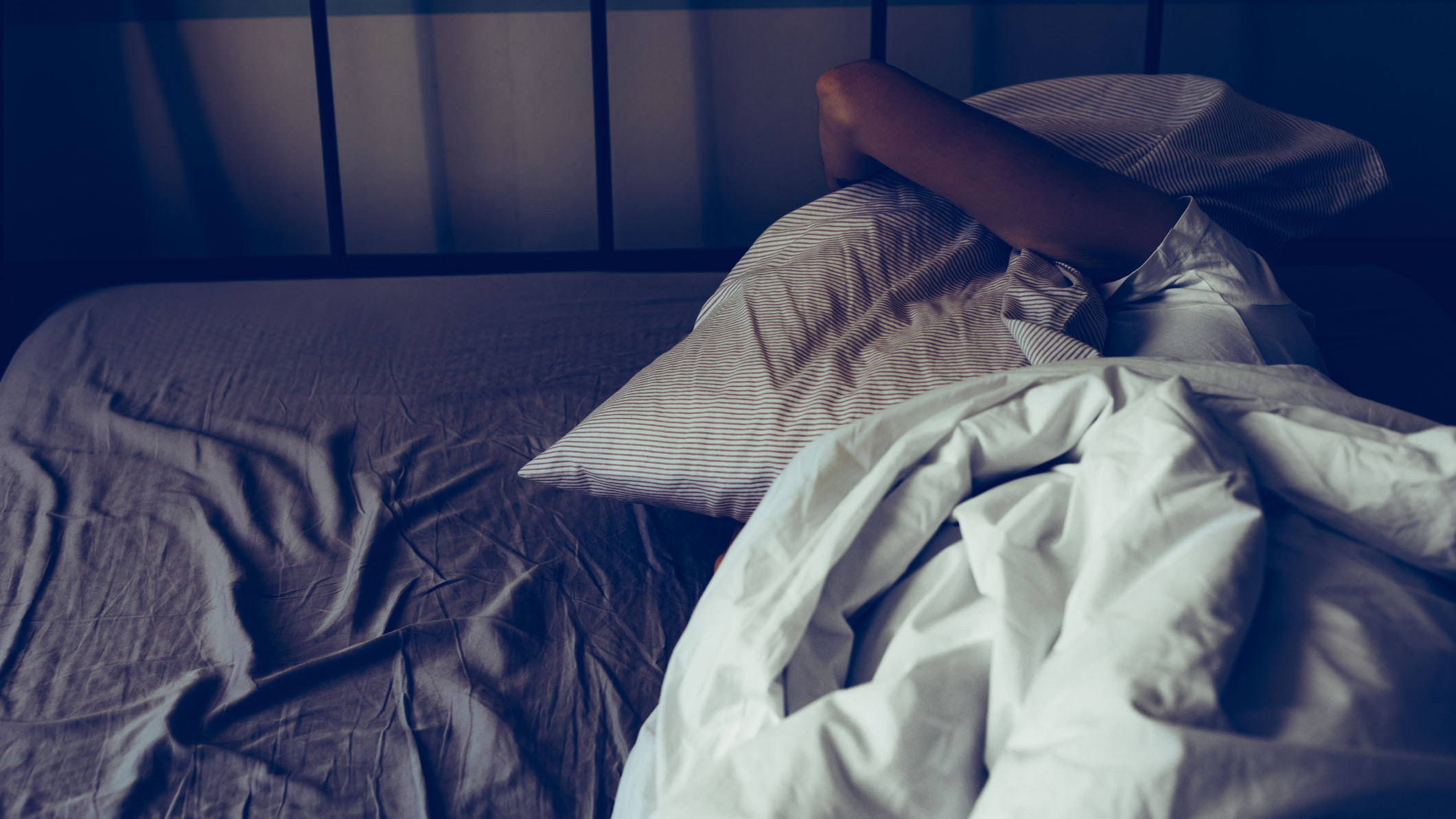Daylight Saving Time 2022: how to prepare for an hour’s sleep loss
At 2 am local time on Sunday March 13, Daylight Saving Time 2022 begins in the US, and because the clocks go forward one hour, we lose one hour of sleep. Such a change in your sleep schedule could leave you feeling groggy and sleepy for days afterwards, though it’s different for every person.
For some, this sleep loss has a temporary effect on wellbeing and energy levels. But for others, especially those with pre-existing sleep issues, the effects of an hour’s sleep loss can linger on.
To give yourself the best chance of minimizing the effects of the Daylight Saving Time clock change, there are some changes you can make starting tonight.
How to prep your sleep for Daylight Saving Time
When Daylight Saving Time kicks in, the change in our wake-up time can affect our sleep-wake cycle and make us feel groggy, moody, or lose our appetite – symptoms that are similar to jet-lag.
When speaking to Tom’s Guide about how to fix your sleep schedule, Clinical Psychologist, Neuroscientist and sleep expert Dr Lindsay Browning put it like this: “Think of fixing your sleep schedule a bit like being jet-lagged, because basically you are in a different time zone to the one you want to be in.
“Yes you can fix this straight off and get up two hours earlier than you are right now, but that will be harder initially than if you were to fix your sleep schedule over several days.” Dr Browning explained. “Shifting your sleep by 20 minutes a day is easily doable and has no negative effects whatsoever.”

April Mayer of Amerisleep added: “Our circadian rhythm (body clock) – which governs many of our bodily functions, from hunger cues to knowing when we need to sleep – relies on consistent patterns of sunlight and darkness to operate.”
Things you can do to make the transition easier include the following:
- Stick to your normal sleep routine of seven to nine hours to help your body regulate its sleep.
- Go to bed 15 to 20 minutes earlier each night in the run-up to the arrival of Daylight Saving Time (DST).
- Eat and exercise 15-20 minutes earlier each day in the few days before DST
- Get up at your normal wake time on Sunday 13 March to maintain your sleep schedule.
- If you feel tired on the Sunday after the clock change, take a short 20-minute power nap early in the afternoon.
- Keep a few tricks in your back pocket for how to wake up early and not feel tired despite the hour’s sleep loss.
In addition, Mayer suggests: “The night before the clock change, try to eat a light, protein-filled dinner to promote sleepiness. We also recommend shutting off screens about two hours before bedtime, unwinding with a warm bath or shower, doing light stretches, and reading a book or doing some light activity.”
How does Daylight Saving Time affect your sleep?
As you adjust to the clock change, it can take a little while for your body to catch up. This can cause symptoms similar to jet-lag for some people, as well as fatigue, lack of concentration, moodiness and irritability the following day. That’s quite the combination, right?
Our body clock (circadian rhythm) knows when to naturally sleep and wake according to our daily routines, relying on daylight and darkness cues to feel alert or sleepy. It also takes cues from wind-down activities such as evening baths and no screen-time to prepare for sleep, which is why having a consistent bedtime routine is so important.
The levels of light you are exposed to, as well as your wind-down routine, triggers the brain to produce the sleep hormone melatonin, which helps you drift off. The temporary shift in light and darkness levels that comes with Daylight Saving Time can take your body a little while to adjust to, which is why you might feel similar symptoms to jet lag.
What happens if you don’t get enough sleep
Not getting a full seven to nine hours’ sleep a night every now and then is nothing to worry about, but if this sleep deprivation continues and you start accumulating a sleep debt, it can have consequences for your health.
According to experts at John Hopkins Medicine, these include increased risk of various health conditions, including high blood pressure and dementia.

Rachel Ziegler, M.D, a physician in Sleep Medicine, told the Mayo Clinic how the body’s immunity is also affected when it doesn’t get enough sleep: “During sleep, the immune system releases proteins called cytokines that deal with stress, fight infections and decrease inflammation in the body.” Dr Ziegler explained.
While you should never stress about sleep, as that in itself can cause sleep anxiety, it’s important to put steps in place to prioritize good sleep every night.
Now is a good time to get your bedroom ready
Daylight Saving Time heralds the arrival of brighter, sunnier days, so there’s no better time to get your bedroom ready for better sleep. When we talk about optimizing your bedroom for sleep, we’re really focusing on making it as clutter-free, cool, dark and quiet as possible. The calmer your sleep environment, the easier you’ll be able to fall asleep.
Keep your bedroom at a sleep-friendly temperature where possible (65℉/ 18.3℃), and dim the lights in the room to reinforce those bedtime cues for your brain. Making sure your bed is inviting and comfy too, so pop on some fresh sheets and even mist them with a little lavender linen spray.
If your bed has seen better days, take a look at our best mattress guide to find a comfy new option for your body and budget. Alternatively, consider using a good mattress topper to add extra softness, firmness or cooling as needed. Check that your pillow is up to the job too, delivering comfort and support without tilting your neck forward.
Practicing good sleep hygiene starting tonight will help you minimize the effects of the Daylight Saving Time clock change, so it’s definitely worth making a little effort. Your sleep will thank you for it.
Read more:
For all the latest Technology News Click Here
For the latest news and updates, follow us on Google News.
